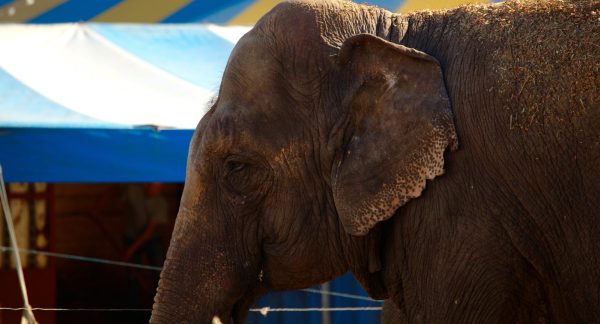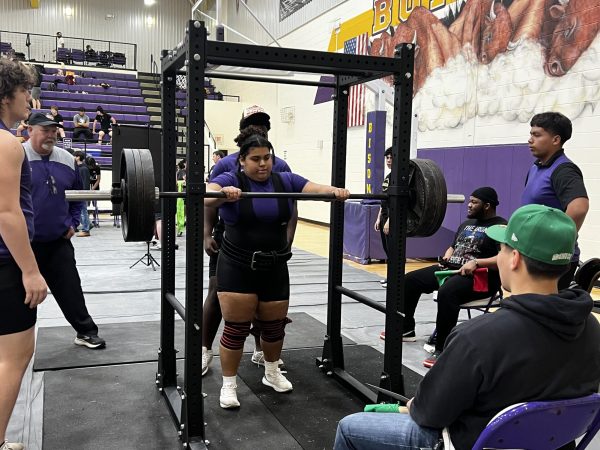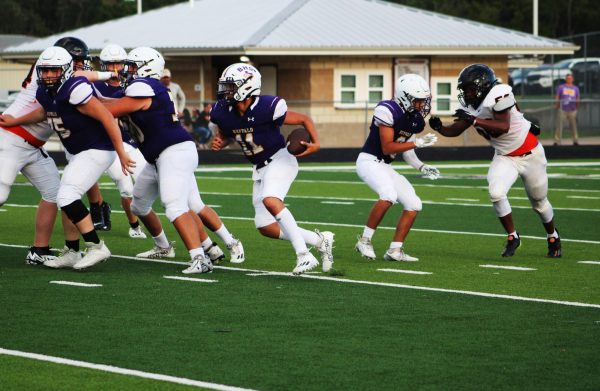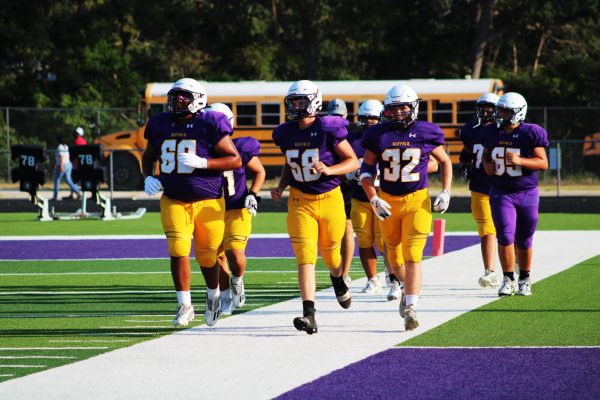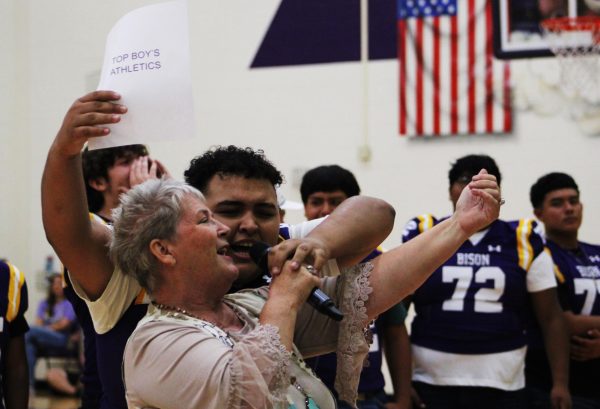Harrassment takes place beyond high school
Recently, the Miami Dolphins player Richie Incognito has been charged with a multitude of charges ranging from bullying fellow football player, Jonathan Martin, to displaying “bad behavior” on a golf course. With this recent string of events, the question is raised: is bullying a problem for children in school and college only?
Much of the focus and awareness brought to the publics attention has been towards bullying in schools, where children are being bullied and harassed for a number of things. But, does bullying stop after school is out? So many kids just dream of making it out of high school to escape the taunts and meanness. Does it end after graduation?
Jonathan Martin, who is new to the team, reported that Incognito had physically harassed him and verbally made racial remarks towards him in a voicemail. Incognito tried to diffuse the problem by saying that it was simple hazing of a new player. But, in Texas and several other states, hazing has been made illegal.
Hazing is a type of initiation into a group, usually a fraternity or maternity in college, and has been practiced for a long time now. Where bullying separates from hazing is the fact that bullying is harassing the victim for the fact that they are different or weird. Hazing is just like a initiation into some group or team and in no way related to bullying.
As far as the Dolphins are concerned, Richie Incognito was most definitely bullying his team mate. In fact, he hasn’t been the only person that has bullied someone outside of school. Last week in Texas, a football coach at Aledo High School was accused of bullying the competing team after their team won 91-0.
But, why is the focus of bullying in school only the one that people focus on? Is it because we don’t want our children to be shown how tough and mean the real world is? Or is it because we don’t want our children to be hurt? Either way, it is obvious that the children are the one’s we want to protect.
But outside of school, when the children grow, they can’t run to their mothers anymore to shelter them from the cruel world. We can’t stop bullying, because even bullying the bully to stop bullying is a form of bullying. This paradox is where the true problem lies. If we stop bullies from doing what they do, then the other bullies is the real world would still exist. The only difference is that the people going into that world won’t be prepared. But, then again, the problem might not be the actual bully.
As with many things, bullies are a product of their environment. If a person from a broken home has no outlet for their problems, they turn that hatred and anger outwards. Maybe if we change the environment that these people come from, we could eventually change the outcome of the people. The problem is bigger than just the person, and usually if that is the case, then the situation needs to change. And, as we have seen, bullying isn’t just for schools. It’s everywhere.




